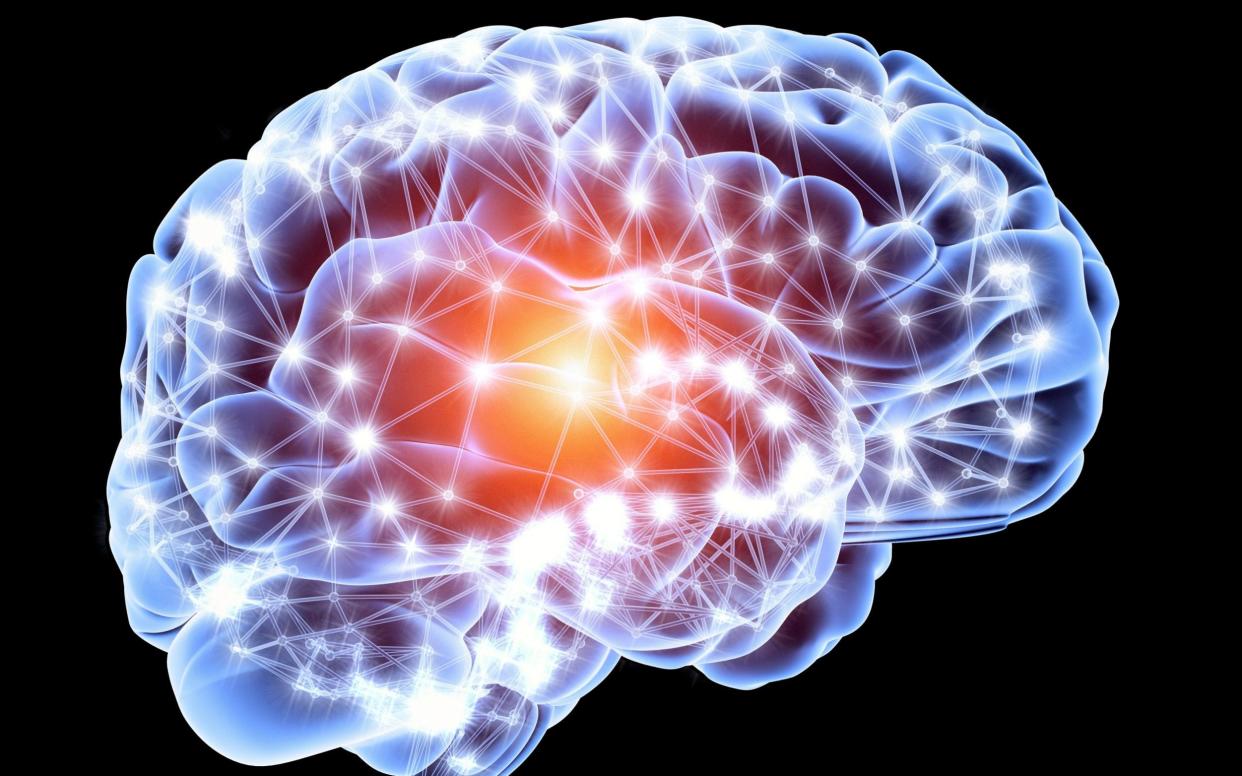Why your earliest memory may be a lie, according to scientists

Your earliest memory may be a lie, scientists have concluded, after finding nearly 40 per cent of people recall events that they could not possible remember.
Academics at City, University of London have carried out one of the largest surveys of early memories ever conducted and discovered a large number of people have a first memory which is fictional.
Current research suggests that memories cannot form before the age of three, but when 6,641 people were asked about their earliest memory 38.6 per cent claimed to have memories from two or younger, with 893 people claiming memories from one or younger.
Researchers found it was particularly prevalent among middle-aged people and older adults.
Professor Martin Conway, Director Centre for Memory and Law at City, University of London and co-author of the paper, said: “Crucially, the person remembering them doesn't know this is fictional.
“In fact when people are told that their memories are false they often don't believe it.
“When we looked through the responses we found that a lot of these first 'memories' were frequently related to infancy, and a typical example would be a memory based around a pram.
"For this person, this type of memory could have resulted from someone saying something like 'mother had a large green pram'. The person then imagines what it would have looked like. Over time these fragments then becomes a memory and often the person will start to add things in such as a string of toys along the top.”

Memories are stored by neurons in the brain, which fire when the recollection is made and again when recalled.
It was seen happening for the first time 10 years ago by scientists at the University of California who had implanted electrodes in the brains of epilepsy patients.
To investigate people's first memories the researchers asked participants to detail their first memory along with their age at the time.
In particular, they were told that the memory itself had to be one that they were certain they remembered. It should not be based on, for example a family photograph, family story, or any source other than direct experience.
From these descriptions the researchers then examined the content, language, nature and descriptive detail of respondents' earliest memory descriptions, to work out why people claimed they remembered the situation.

As many of these memories dated before the age of two and younger, the authors suggest that these fictional memories are based on remembered fragments of early experience - such as a pram, family relationships and feeling sad - and some facts or knowledge about their own infancy or childhood which may have been derived from photographs or family conversations.
Dr Shazia Akhtar, first author and Senior Research Associate at the University of Bradford said: "We suggest that what a rememberer has in mind when recalling fictional improbably early memories is a mental representation consisting of remembered fragments of early experience and some facts or knowledge about their own infancy/childhood.
"Additionally, further details may be non-consciously inferred or added, e.g. that one was wearing nappy when standing in the cot. Such episodic-memory-like mental representations come, over time, to be collectively experienced when they come to mind and so for the individual they quite simply are 'memories' which particularly point to infancy."
The research was published in the journal Psychological Science.

 Yahoo News
Yahoo News 
